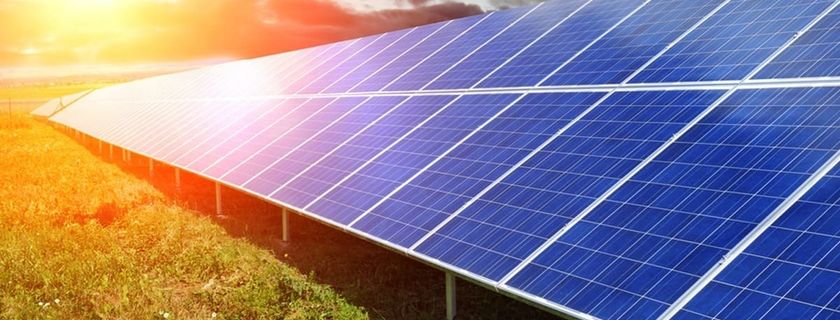
CIRCUSOL: Solar power business models towards a circular economy in Europe (PRESS RELEASE)
CIRCUSOL: Solar power business models towards a circular economy in…

CIRCUSOL talked with Ismaël Ben-Al-Al, CEO of FUTECH, about the benefits of integrating second-life products into the PV market. The aspects to be taken into consideration when integrating second-life products namely solar modules and batteries into the PV market are described. As a member of the Circusol Consortium, FUTECH is involved in the realization of two circular demonstrator projects at cohousing Waasland and at the Cloverleaf demonstrator site.
"Based on the tests that we have carried out as part of the Circusol project, we concluded that second-life products have a very high-quality score”, Ben-Al-Lal, CEO of FUTECH explains. "This is certainly the case for second-life batteries of electric vehicles, as they must meet the standards of the automotive sector. Technically, these batteries are perfectly suitable for reuse in stationary applications, especially since weight and volume are no limiting factors.”
On the other hand, the economic aspect presents some major challenges. “For second-life battery systems, the future looks bright in technical and economic terms. Especially since the second-life batteries from the automotive sector have a significantly lower investment cost than new battery systems for PV plants.”
"The market for solar modules, on the other hand, is very price-driven”, says Ben-Al-Lal. “Due to the falling prices, it is a big challenge to install second-life solar modules in a profitable way. From a technical and Life Cycle Assessment perspective, however, second-life solar modules can perfectly be integrated into the market. Perhaps we should move away from the existing economic models and consider an incentive that encourages the use of second-life PV modules rather than recycling them.”
“Another promising aspect is the example of cohousing Waasland where the residents preferred, based on their ecological conviction, an installation with second-life solar modules over a conventional PV plant. Let's hope their example will be followed by many others!”, Ben-Al-Lal concludes.
Futech is a Belgian PV installer in the residential and industrial market. As a member of the Circusol Consortium, the company is involved in the realization of two circular demonstrator projects.
First of all, Futech has installed a 59,91 kWp second-life PV plant with a smart metering system at cohousing Waasland, a cohousing community of 22 families in the Belgian province of Oost-Vlaanderen.
Secondly, at the Cloverleaf demonstrator site in the Belgian province of Limburg, Futech is adding a second-life battery system of 200 kWh to an existing PV plant of 2 MW in order to increase the self-consumption level of the facility owner.

CIRCUSOL: Solar power business models towards a circular economy in…